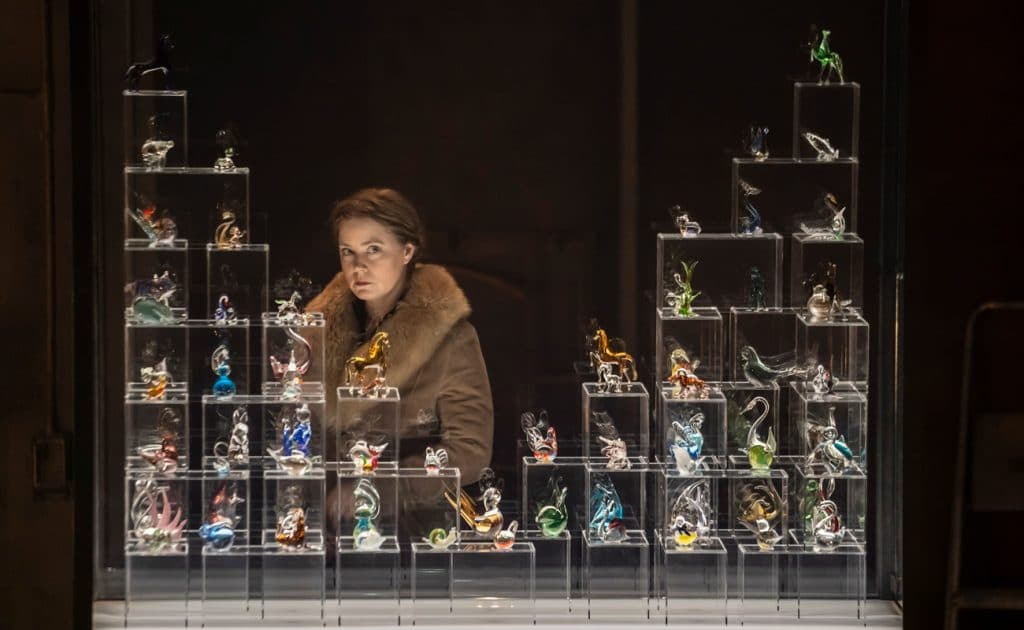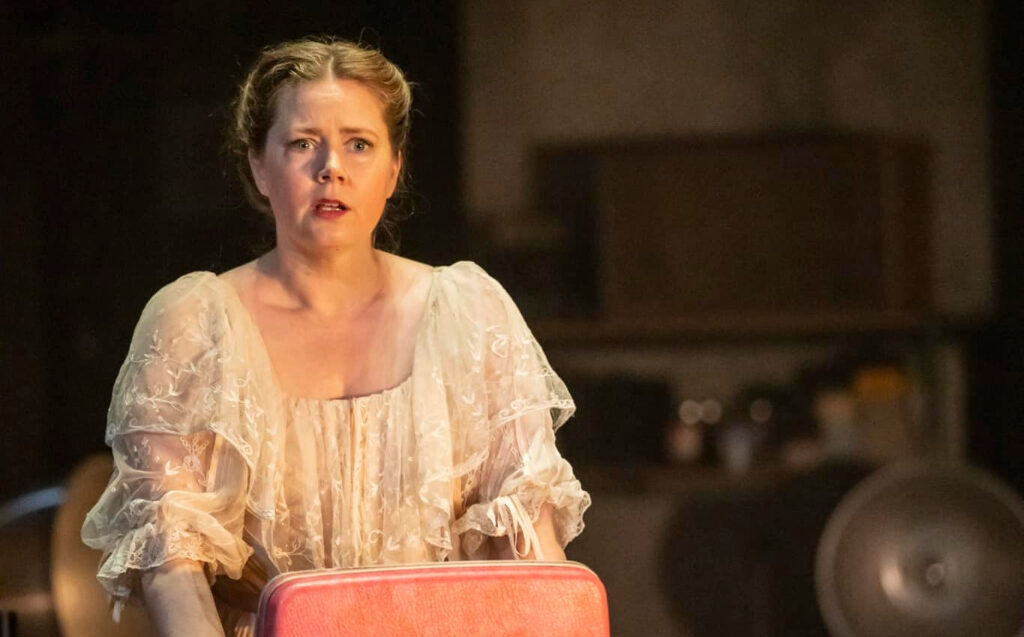The Glass Menagerie: Memory and Sense-making
The Glass Menagerie: making sense of our memories
Can structurelessness be liberating and actually creatively productive? Memory is a fickle thing. The fickleness of memory itself can often make us feel that our lives lack structures or orders from which we can make sense of life. That structurelessness is something which Tennessee Williams’ play The Glass Menagerie captures. Williams’ play tells the story of a broken family, reminiscing (through the eldest son, Tom) on life before the death of its patriarch. The Glass Menagerie is a deeply personal tale which relates closely to Williams’ own familial relationships, particularly his memory of his mother, his relationship with her, and her values.
What happens when we put those memories on stage, under lights, into costume, and ask them to perform themselves to us? What happens when we have to confront our memories as fabrications, fictions, performances - encore after encore after encore, each performance ever so slightly different with each new iteration? In many ways, this is precisely the question The Glass Menagerie ponders on stage: the staging and restaging of memory, and a self-consciousness of memory is fallibility.
It’s difficult to label Williams’ play with a particular genre, but that labellessness gives way to a new way of approaching theatre. We don’t approach the play with any biases or preconceptions or expectations (unconscious or not), and instead we have the opportunity to consider the play with fresh perspectives, taking from it what we will. The narrative of the Wingfields’ family life, and the possibilities for their lives to come, are highly irregular and disjointed. All the characters find it challenging to find a sense of narrative order to their stories, but this structurelessness may not necessarily be a solely chaotic unravelling. Instead, maybe abandoning structure allows us to see more clearly the true nature of memory, storytelling and dreams.
Imagining a future one might have had, or reimagining a past that may or may not have happened a particular way, are fundamental features of human memory. Memory is fallible, inconstant, and constructed from a particular perspective or combination of perspectives. In many ways, we might consider them highly unreliable sources of information, but in storytelling, very often memory can form the essential core of a story. Without memories, perhaps there might not be any stories to tell.



Comments
Post a Comment